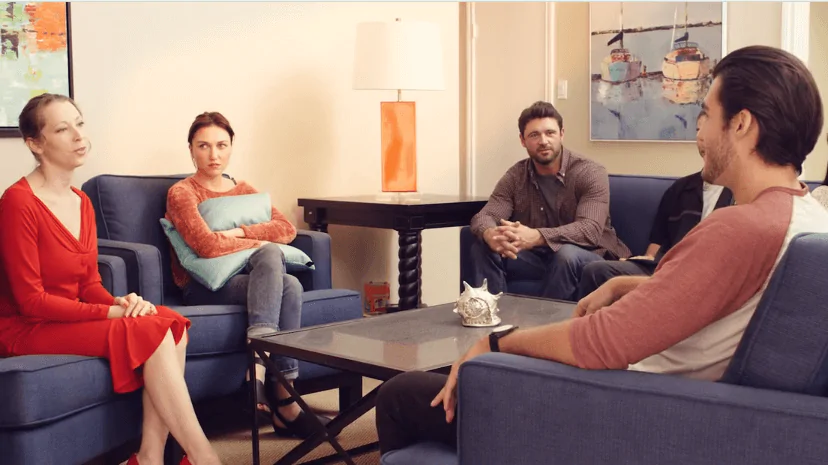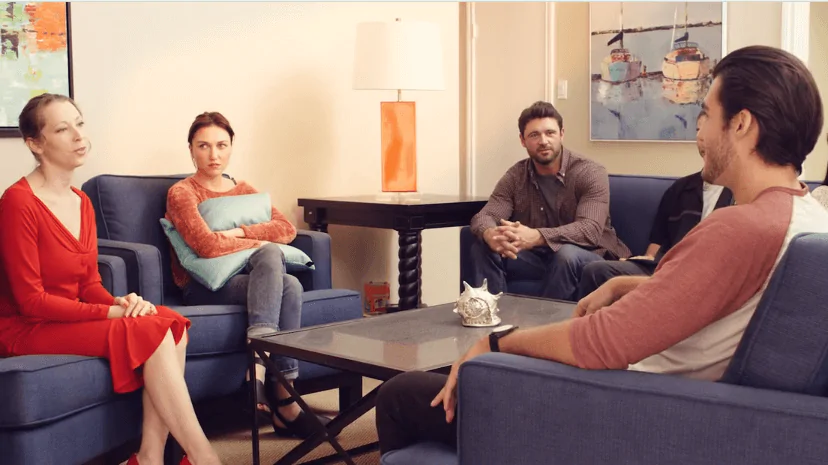24/7 Helpline:
(866) 899-111424/7 Helpline:
(866) 899-1114
Learn more about Cocaine Rehab centers in Pass Christian

Other Insurance Options

Lucent

Aetna

Premera

Kaiser Permanente

Horizon Healthcare Service

Optum

Multiplan

Molina Healthcare

Providence

Health Choice

AllWell

Ceridian

Covered California

Private insurance

BlueCross

GEHA

Amerigroup

Ambetter

Humana

WellCare Health Plans


Mississippi Drug & Alcohol Treatment Center
Mississippi Drug & Alcohol Treatment Center is a family-owned resort-style facility where clients re...

New Season – Biloxi Treatment Center
New Season - Biloxi Treatment Center is a private rehab located in Biloxi, MS. New Season - Biloxi T...

Gulf Coast Mental Health Center – Crisis Stabilization Unit
Gulf Coast Mental Health Center (GCMHC) is a behavioral health and substance abuse treatment facilit...

Gulf Coast Mental Health Center
Gulf Coast Mental Health Center is community mental health center providing a wide range of mental h...

Gulf Coast Mental Health – Crossroads Recovery Center
Gulf Coast Mental Health - Crossroads Recovery Center is community mental health center providing a ...

Specialized Treatment Facility
Specialized Treatment Facility is a public rehab located in Gulfport, Mississippi. Specialized Treat...

Oxford House Big Lake
Oxford House Big Lake is a non-profit organization located in Biloxi, MS. Oxford House Big Lake help...

Merit Health – Psychiatric
Merit Health – Psychiatric is a private rehab located in Biloxi, Mississippi. Merit Health – Psychia...






































Gulf Coast Mental Health Center – New Hope House
Gulf Coast Mental Health Center - New Hope House offers residential care for adults with serious psy...

Gulf Coast Mental Health Center
Gulf Coast Mental Health Center is community mental health center providing a wide range of mental h...

Canopy Children’s Solutions
Canopy Children’s Solutions is a private rehab located in Gulfport, Mississippi. Canopy Children’s S...














